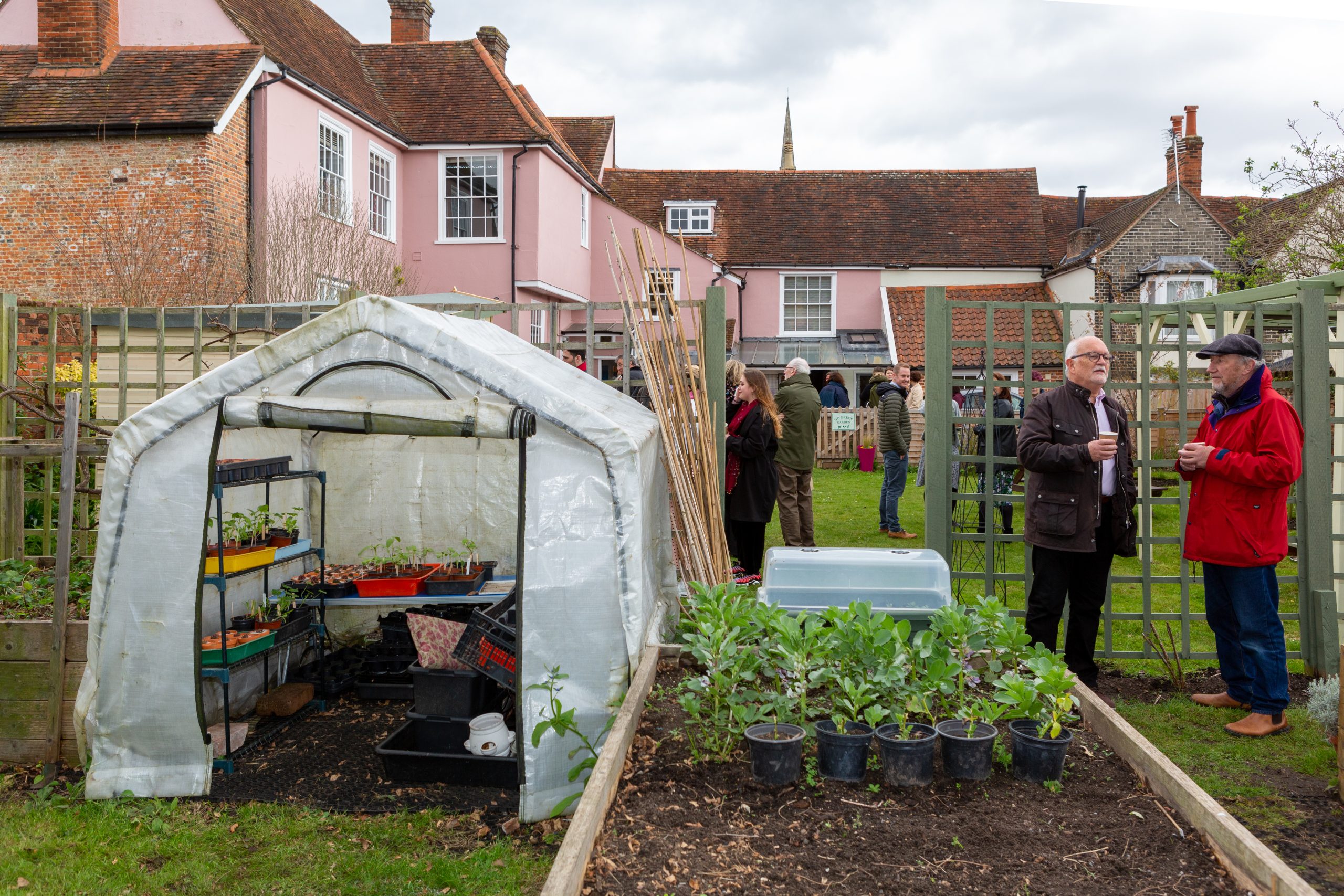A-level students collected their results last week and some will be heading to university next month. This can be an exciting step, but for many, it can also be daunting and mental health can suffer. Here, we suggest five ways to prepare for university.
-
Do some research
If starting at university involves moving to a location you do not know well, then do some research!
Have a look at what is near your campus, see if you can find familiar places like your favourite clothes stores or coffee shops, and look into the best way to travel home when you would like to.
You should also research where you can go for support with your mental health at university should you need it.
-
Speak to people who have already been to university
If you know anyone who has been to university before, there’s a chance that before they started, they had some worries too. Speak to any family and friends that you know have experienced starting university and ask how they felt and how they overcame any worries.
-
Plan your finances
Going to university will affect the money you receive and the way you get it. It is important to think about how you will pay for essentials like rent, food and study books.
If you are worried about money, make sure you look into any additional funding you might be entitled to.
-
Avoid thinking about ‘what if’ situations
Remember that most people will be in the same position as you, starting university for the first time with some worries. If you start creating pre-conceived ideas about what might happen, you could become overwhelmed. Try not to put pressure on yourself and to have an open mind about what is going to happen at university.
University is a new stage in life, so take it as it comes and remember that your mental health comes first.
-
Pack things that make you feel at home
When you are packing your belongings, make sure you take things that will remind you of home, such as photographs, washing or your favourite recipes. This can help at points where you might be having mental health struggles and if you feel homesick.
Through our working partnership with the Charlie Waller Trust (CWT), experts have written a variety of Transition Guides for those leaving their existing educational establishment to go to university.
The transition guides, for vulnerable groups have been written by a highly experienced mental health practitioner who delivers training with the CWT. It is hoped that these guides will support students to cope with mental health challenges. You can read the transition guides here.
If you would like to help support our working partnerships, such as CWT, to help improve young people’s mental health, you can do so by donating to the Charlie Watkins Foundation.



